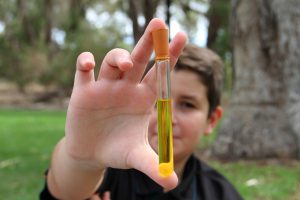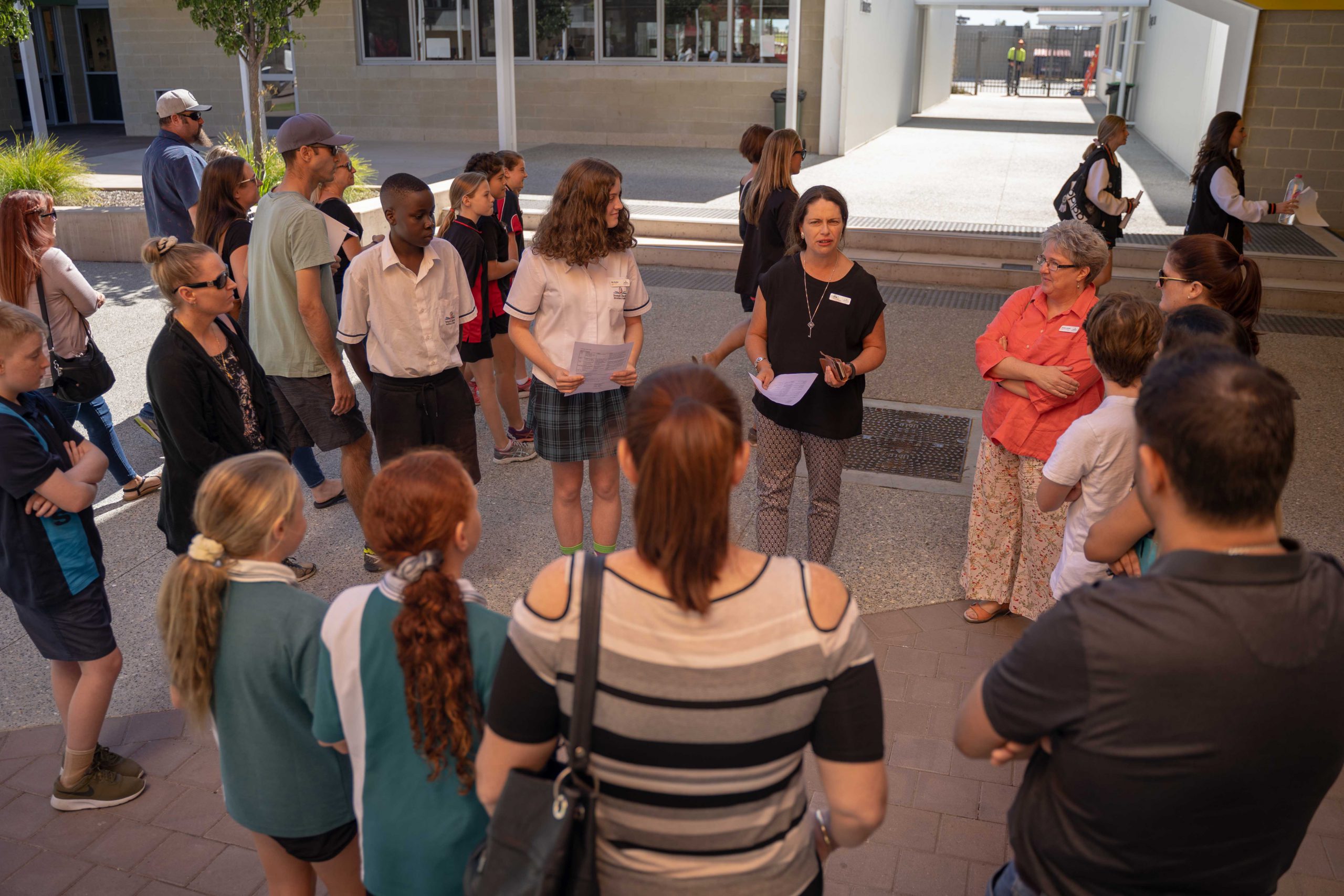Psychology (ATAR)
Course Code: AEPSY/ATPSY
Domain: Science
Timetable: Semester 1 and 2
Length of Course: 2 Years
Unit Information
Psychology is the scientific study of how people think, feel and act. It aims to answer important questions
such as what factors influence human development. While there are other disciplines that overlap with
psychology’s main aim to understand humans, psychology is rigorous in its use of scientific method. This
allows for systematic exploration into the complexities of human behaviour based on evidence gathered
through planned investigations.
This course introduces students to a breadth of knowledge focusing on the psychology of self and others.
Psychological knowledge helps us understand factors relating to individuals, such as: cognition, or the way
we think; biological bases of behaviour; and personality, the enduring traits that distinguish individuals.
Psychological knowledge also helps us understand the way that individuals function within groups. This
consists of knowledge associated with socialisation, moral development, the formation of attitudes and also
how people relate and communicate. On a larger scale, psychological knowledge can help us to understand
how individuals function within different contexts and how this is influenced by culture, shaping people’s
values, attitudes and beliefs.
Psychology is very useful, both to individuals assisting us to improve ourselves and our relationships, and to
society as a whole. It can be applied to any context in which humans are involved. Through this course,
students gain valuable insights and understandings into both themselves and their worlds. Methods of
communication studied enhance personal communication skills, both within the field of psychology and in
the context of daily life. Students also develop important research skills as they engage in the exploration
and evaluation of data to illustrate how empirical procedures are used to examine phenomena such as
intelligence and personality.
This course is designed to integrate the understanding of scientific principles, the acquisition of psychological
knowledge and the application of both in an enjoyable and contemporary way. The study of psychology is
highly relevant to further studies in the health professions; education, human resources, social sciences,
sales, media and marketing and management.
Year 11
Unit One
This unit focuses on a number of concepts that enable students to gain an understanding of how and why
people behave the way they do. Students are introduced to the human brain, focusing on the major parts
and lobes of the cerebral cortex, and review case studies, illustrating the link between the brain and
behaviour. They also explore the impact of external factors, such as physical activity and psychoactive drugs,
on individuals’ behaviour. Cognitive processes, such as sensation and perception and selective and divided
attention, are investigated. The impact of others on behaviour is also studied. Students examine different
types of relationships and look at the role of verbal and non-verbal communication in initiating, maintaining
and regulating relationships. Students are introduced to ethics in psychological research and carry out
investigations, following the steps in conducting scientific research. They identify the aims of psychological
investigations and apply appropriate structure to sequence data using correctly labelled tables, graphs and
diagrams.
Unit Two
This unit introduces students to developmental psychology by looking at the concept of average
development and changes expected as people age. They analyse twin and adoption studies to gain insight
into the nature/nurture debate and look at the role of play in assisting development. Students explore what
is meant by the term personality and examine several historical perspectives used to explain personality
such as Freud’s psychodynamic approach. Students investigate the influence of others on self-concept,
identity and attitudes. They explore the behaviours observed within groups, such as deindividuation and
social loafing, and causes of prejudice. Psychological research methods introduced in Unit 1 are further
explored.
Year 12
Unit Three
The focus of this unit is to introduce new concepts which assist students to have a better understanding of
human behaviour. In this unit, students study the functions of the four lobes of the cerebral cortex and
examine how messages are transmitted from the brain to the body. They focus on how behaviour is
influenced by learning, by reviewing classical and operant conditioning, negative and positive reinforcement
and observational learning. They further expand their knowledge and understanding by examining behaviour
that is not influenced by learning, such as heredity, hormones and recreational drugs. Students learn about
the impact of others on individual behaviour. They examine the socialisation processes observed within
families and explore how social background and gender can shape communication styles. They expand on
their knowledge of ethics in psychological research by considering the role of the experimenter and
participants’ rights such as privacy and anonymity. Students engage in detailed investigations of
experimental methods, noting practical issues associated with research and its application.
Unit Four
In this unit, students are introduced to theories of development, including Piaget’s theory of cognitive
development and Kohlberg’s theory of moral development. They review contemporary personality theories
and their limitations and analyse the causes of conformity and obedience by investigating the results of
famous experiments conducted by Asch, Milgram and Zimbardo. They also gain an understanding into
factors that shape a sense of community and explore the varied responses individuals have to significant
events. Students continue to develop their understanding and application of psychological research
methods. They manipulate dependent and independent variables to test hypotheses and use statistical
significance to draw conclusions.
Pathway Information
Tertiary
Workforce
Students undertaking this course may wish to consider tertiary studies in:
- Psychology
- Criminology
- Exercise and Sports Science
This course suits direct workforce entry into the following:
- Counselling
- Education Assistant
- Community Services
Additional Information
Estimated Charges: $70 per year



